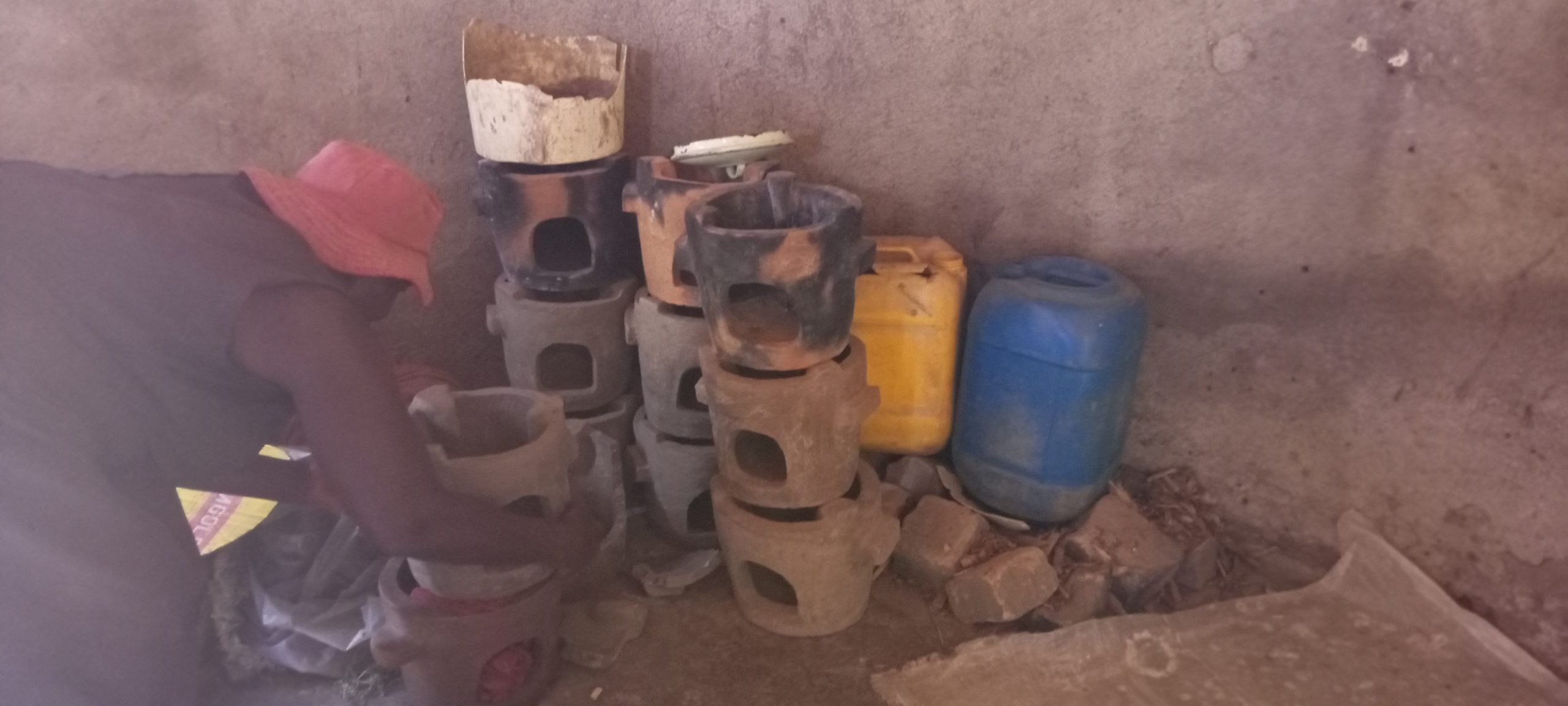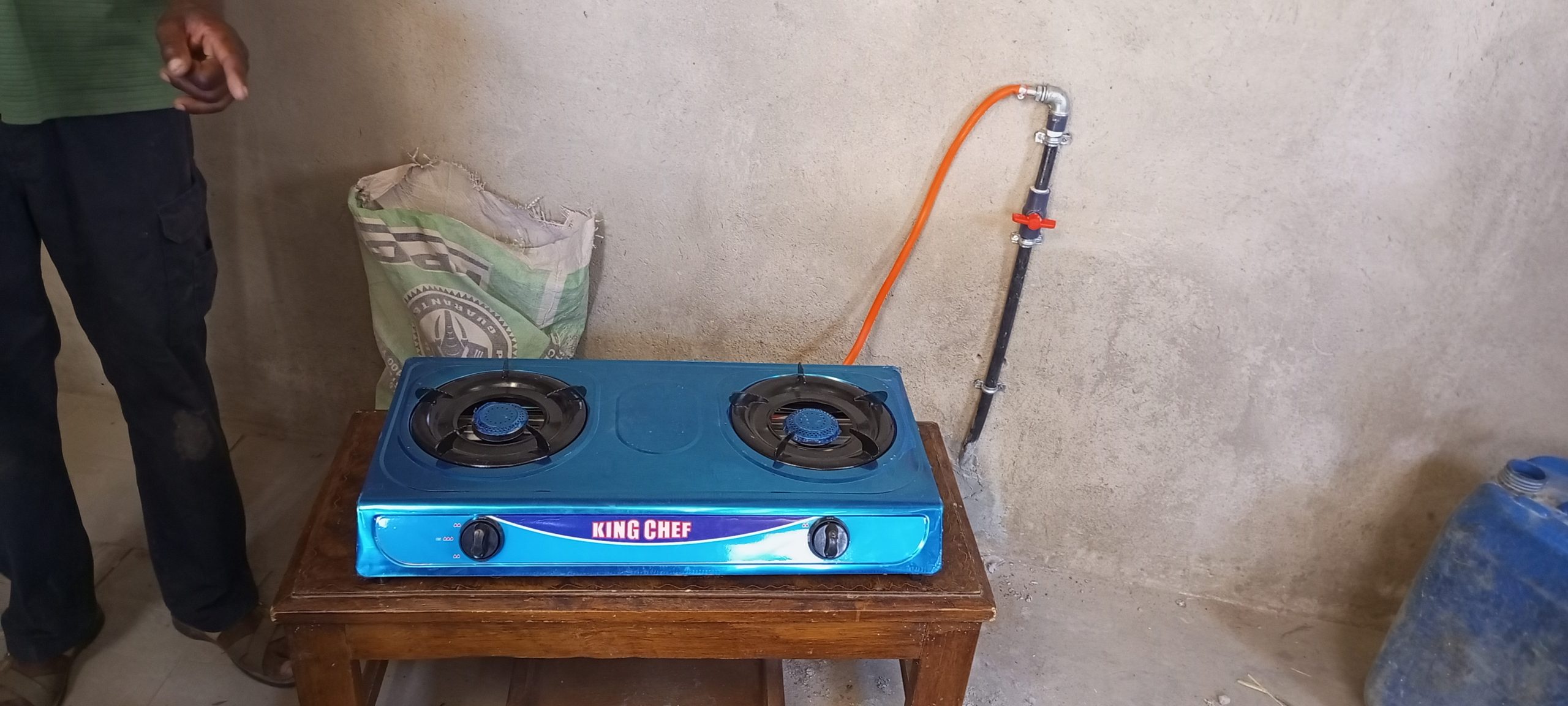Many organizations across the global South are mobilizing to respond to the worldwide call to secure a carbon neutral future by mid-century and keep temperatures below a 1.5°C increase from pre-industrial levels. (Lennard, 2016) Score Against Poverty (SCORE) strives to curb climate shocks and increase the resilience of communities. SCORE empowers communities with climate education through bottom-up approaches, giving community members the power and knowledge to protect themselves from climate stress. On the climate change mitigation side, SCORE works to reduce greenhouse gas emissions through sustainable reforestation measures and clean energy technologies, including clean cookstoves and bio-digesters which turn manure and other organic waste into biogas for lighting and cooking.
Mwenezi district, located in the drought-stricken part of Zimbabwe, has been adversely affected by climate change. People are migrating to areas that receive good rains, soil erosion and degraded lands cause land disputes, and high temperatures and heat waves affect public health. Women and girls are especially hard hit by climate change. Women and girls play a pivotal role in supporting food security for their household and communities by carrying out housework, caring for children and the sick, processing and cooking food, and collecting water and fuel. Water, food and fuel are in short supply due to climate change, making the lives of women difficult.In response to these challenges, SCORE has embarked on an initiative to pilot clean energy solutions for climate change mitigation, to increase the resilience of communities to climate shocks and to promote gender equity.
SCORE believes that the climate crisis cannot be tackled without accounting for gender-specific needs, concerns and capacities, which is why women are at the forefront of SCORE’s activities. For instance, a Women Coalition for Climate Change (WCCCN) was formed in the district to promote action to address the climate crisis and increase participation and leadership of women for gender-responsive climate change adaptation and advocacy strategies. WCCCN empowers women with leadership and other vital skills necessary for community development.
SCORE also works to create clean energy entrepreneurship opportunities for women. Examples include the promotion of gardening using solar powered irrigation so that women can then sell vegetables or the use of solar energy for cell-phone charging, refrigeration and lighting shops.
Through the SCORE clean energy project, women have significantly improved their well-being along with that of their families and communities. Women and girls are often tasked with firewood collection, exposing them to sexual and gender-based violence as they often walk long distances in search of firewood. Improved cooking stoves and biogas digesters introduced by SCORE reduce the amount of firewood needed, curbing deforestation and the demand on women and girls. Clean cooking stoves are improving the lives of women as they no longer toil in smoky kitchens with unclean energy sources which are inefficient and hazardous to their health. As a result, women and girls have more time to focus on productive activities leading to their empowerment. Reducing the domestic burden of girls and young women increases school attendance, ultimately contributing to increased labour market outcomes of future cohorts of women in the district. Of the women participating in the SCORE clean energy project, 90% responded that the initiative has boosted their confidence because they now earn income, giving them greater power and control in household decisions.
SCORE also addresses the safety and protection of women and girls in Mwenezi through solar-powered lighting in public places at night to reduce and prevent rape and assault experienced by women when using outdoor latrines. A solar energy system at the local secondary school provides light for studying and powers printers and computers, encouraging pupils to attend evening study sessions and improving educational outcomes.
The introduction of new technologies comes with the danger that adoption will not last, as communities revert to their old way of life once project interventions end. SCORE closely monitors the long-term adoption of new clean energy technologies, going beyond measuring initial uptake rate. Any newly introduced clean energy technologies must have value to the community for sustainable adoption and usage. Renewable energy technologies provide clean, reliable and cost-effective energy sources for essential services in rural communities. Sustainable adoption of clean energy technologies is critical for economic recovery, energy security and strengthened climate resilience of communities in Mwenezi district, while also reducing greenhouse gas emissions and empowering women.
This article originally appeared in Intersections: MCC Theory and Practice Quarterly, Summer 2022 as “The intersection of gender equality with climate change adaptation and mitigation in Zimbabwe”



Recent Comments